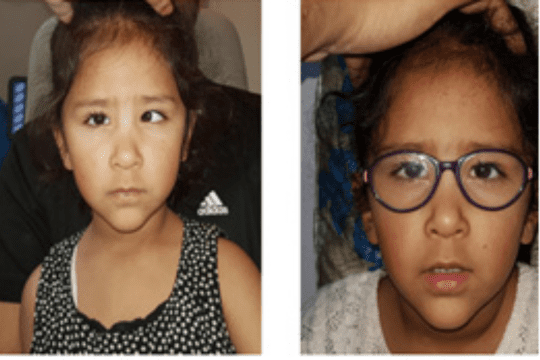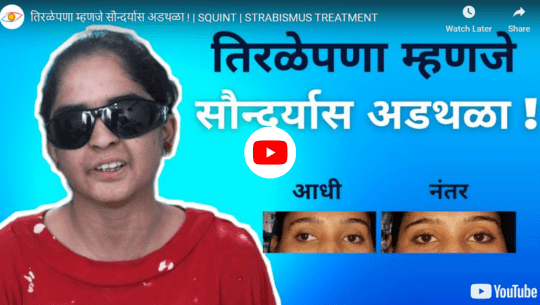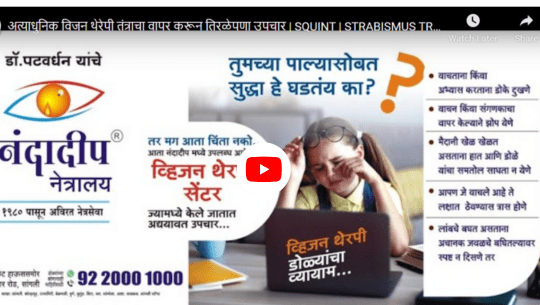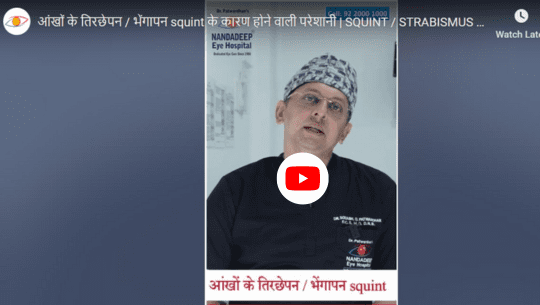Squint Eye Problem
At Nandadeep Eye Hospital, our dedicated Squint Department provides comprehensive and advanced care for patients with misaligned eyes and related vision concerns in both children and adults. If you are looking for an experienced eye specialist or a nearby hospital for squint treatment, our team ensures accurate diagnosis and personalized care using methods such as vision therapy, glasses correction, and corrective eye procedures. We are known for delivering high-quality surgical care, making us one of the most trusted centres for squint correction in India. Our doctors clearly explain the treatment process, expected healing period after surgery, and provide transparent information about treatment expenses in India. Whether you need non-surgical management or complete surgical correction, Nandadeep Eye Hospital offers reliable, safe, and effective solutions to restore proper eye alignment and improve long-term vision.
What is a Squint Eye?
A squint eye, also known as strabismus, is a condition where the eyes do not align properly and point in different directions. For example, one eye may look straight ahead, while the other eye may turn inwards, outwards, upwards, or downwards. This can affect your ability to see clearly and perceive depth.
Normally, the eyes work together to focus on the same point at the same time, with the help of the extra ocular muscles that control the eye movements and eyelids. However, sometimes these muscles do not coordinate well, or there is a problem in the nervous system that affects the eye coordination. This can cause a squint eye to develop.
How Common is a Squint Eye?
A squint eye is quite common in India, affecting about 4% to 6% of the general population. However, premature babies have a much higher chance of developing a squint eye, with a rate of 30% to 40%.
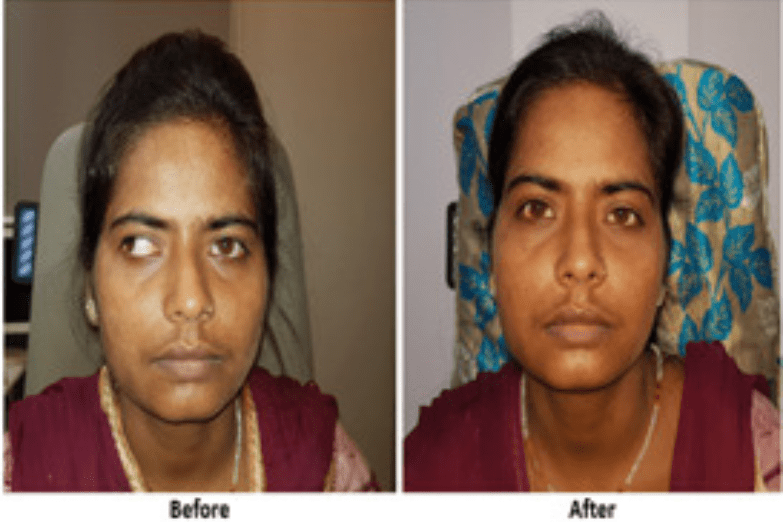
What are the Risk Factors for a Squint Eye?
Some people are more likely to develop a squint eye than others, due to various factors, such as:
- Having a stroke, Down syndrome, or cerebral palsy
- Having hyperopia or far-sightedness, which makes the eyes strain more to see clearly
- Having a family history of squint eye
- Having poor vision in one eye
- Having hydrocephalus, a condition where excess fluid builds up in the brain
- Having brain tumours, head injuries, neurological problems, or Graves’ disease, which can affect the brain, nerves, or muscles that control the eye movements
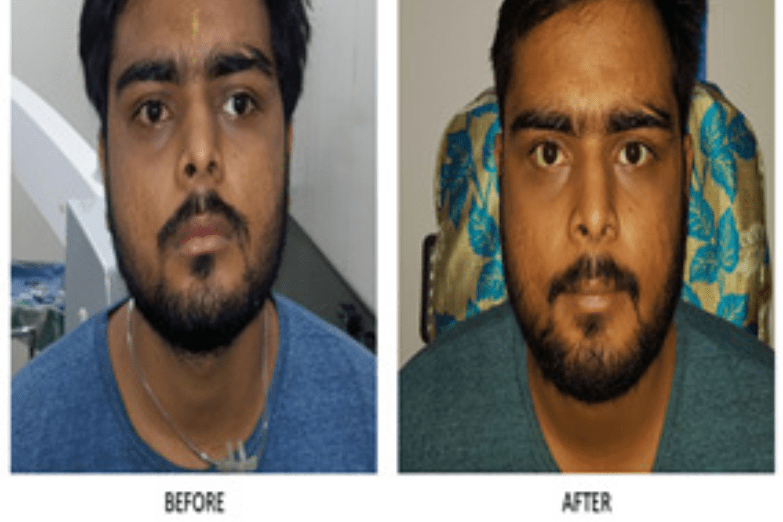
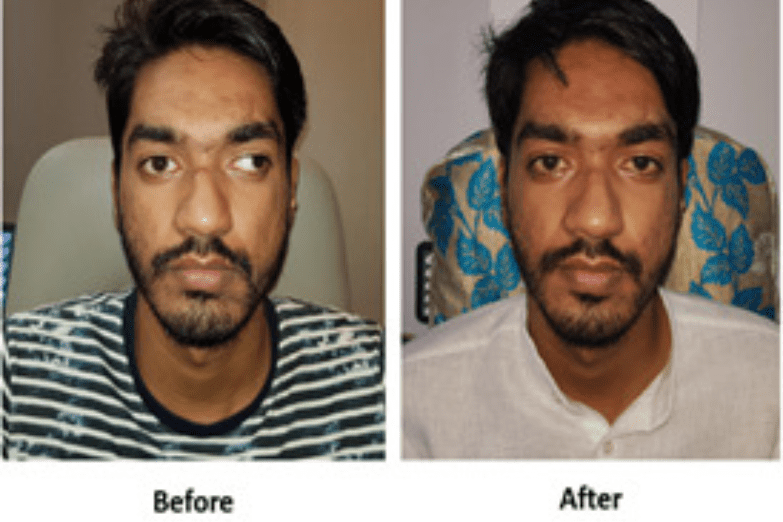
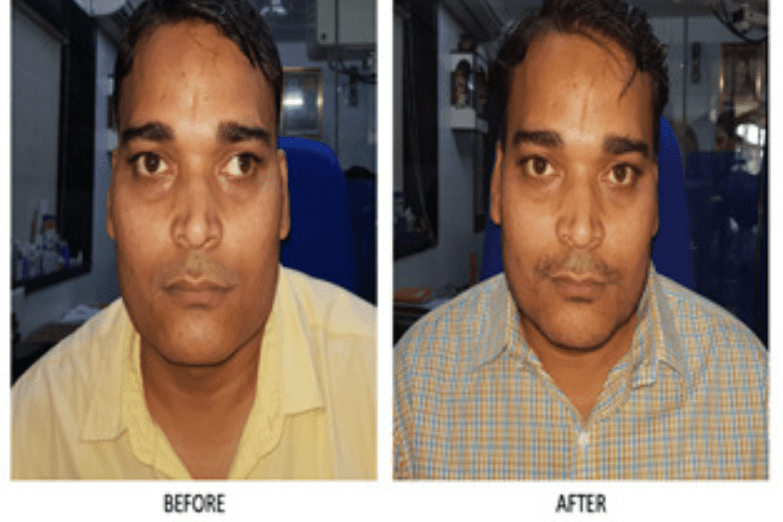
How is a Squint Eye Treated ?
At Nandadeep Eye Hospital, we offer a range of treatment options for a squint eye, depending on the type, severity, and cause of the condition. These include:
Correction of Refractive Error
This involves wearing glasses or contact lenses to improve your vision and reduce the eye strain that can cause or worsen a squint eye.
Vision Therapy
This involves performing various exercises and activities, either with conventional methods or software-based programs, to train your eyes to work together and improve your eye coordination and alignment.
Patching
This involves covering the stronger eye with a patch, to force the weaker eye to work harder and improve its vision. This can also help treat lazy eye.
Surgery
This involves operating on the extra ocular muscles that control the eye movements, to adjust their position and tension, and make the eyes point in the same direction. This can improve the cosmetic appearance and the binocular vision of the patient.
Squint Eye Surgery Cost & Hospital Benefits
Understanding the squint eye surgery cost in India helps patients plan their treatment with confidence and clarity. At a trusted squint eye hospital near you, pricing is explained after evaluation by an experienced squint eye doctor, ensuring transparency and the best approach to improve squint eye vision.
Reputable centres such as Nandadeep Eye Hospital for squint eye treatment combine affordable care with advanced technology, making squint eye operations safe, effective, and accessible to patients of all age groups.

Check-ups detect squint eye early and prevent complex procedures.

Personalized plans ensure affordable and effective squint eye treatment.

Modern surgery improves accuracy and boosts long-term success.

Proper recovery care supports faster healing and better vision.

A reputed hospital ensures safety and transparent treatment costs.
When Should You Seek Treatment for a Squint Eye?
If you have a squint eye, you should seek treatment as soon as possible, for the following reasons:
- To improve your vision and correct any refractive errors, such as near-sightedness or far-sightedness
- To enhance your appearance and confidence by aligning your eyes properly
- To preserve and restore your binocular vision, which allows you to see in three dimensions and judge distances accurately
- To prevent double vision, which can occur when the brain receives different images from each eye
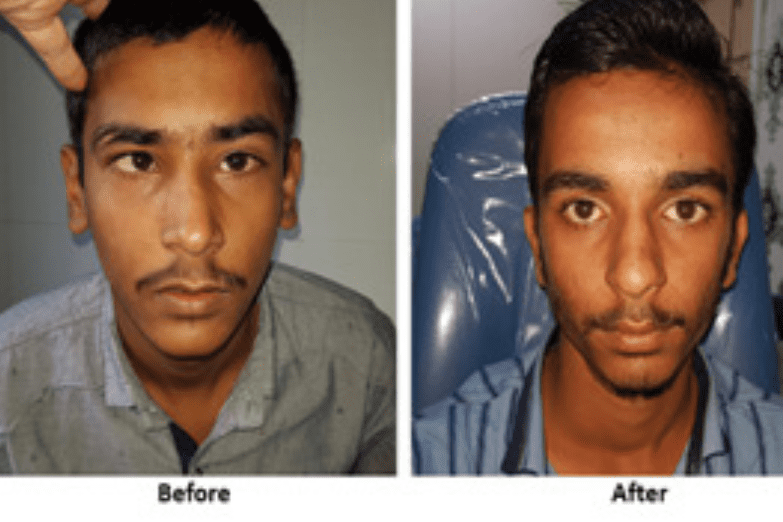
Our Squint Eye Specialist
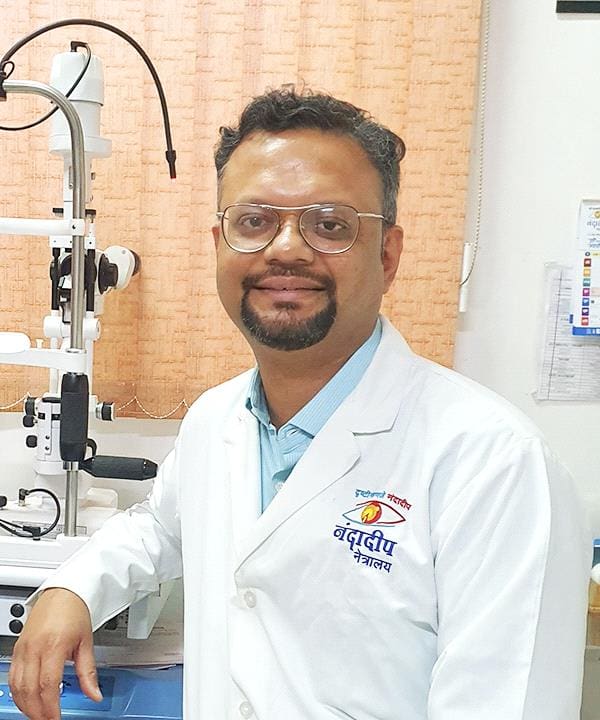
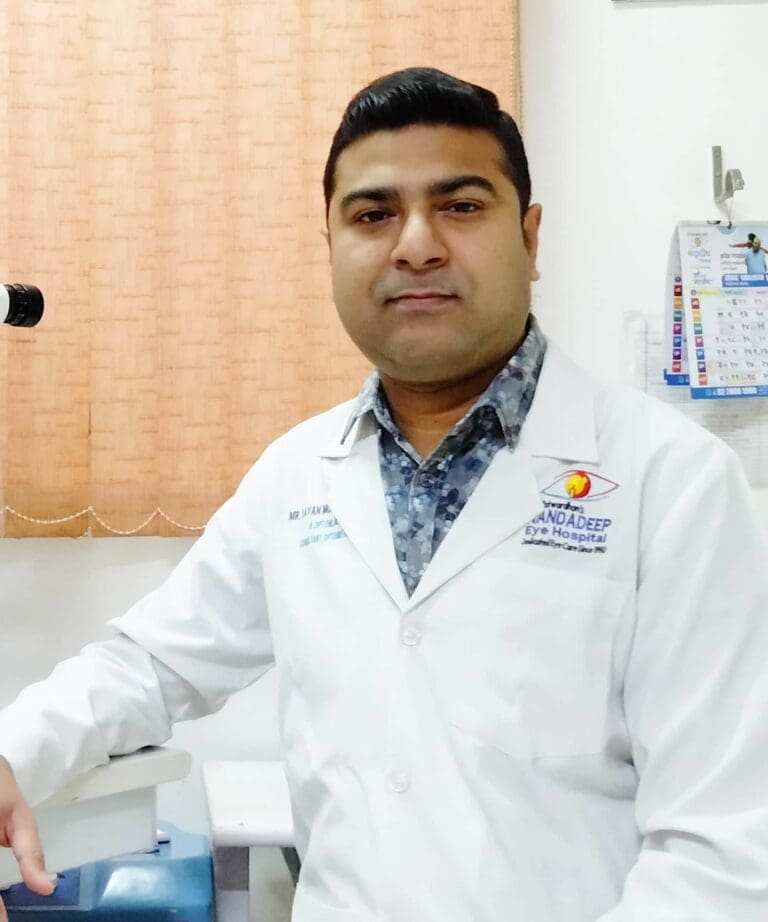
Optom Sayan Mukherjee
B.Optom., M. Optom. Consultant Optometrist, Vision Therapy, Speciality Contact lens
Why Choose Nandadeep Hospital ?Find Out The Latest Types Of Treatment Used For Squint Eye Problem
Explore our informative videos showcasing the latest advancements in Squint Eye Problem. From minimally invasive techniques to cutting-edge procedures, we provide in-depth insights into the innovative surgical approaches available for effectively managing Pediatric and preserving your vision.


